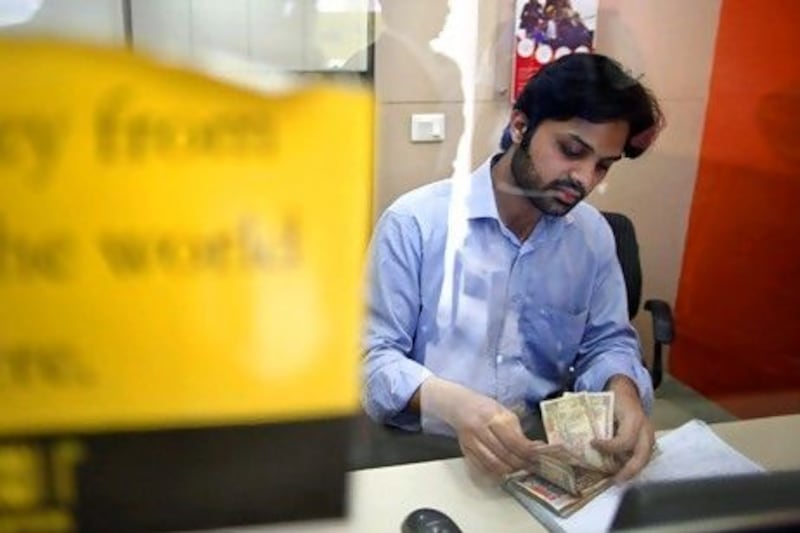The Indian government is planning a pension scheme that could help millions of the country's expatriates, with a particular focus on informal-sector workers in the Gulf countries.
Subcontinent What benefits do NRIs have?
The Indian Government has signed various Labour Agreements with Jordan, Kuwait, UAE, Oman and Bahrain over workers rights and benefits.
There are Double Taxation Avoidance Agreements between India and other countries to make sure that NRIs are not taxed twice for the same work.
The Government has created an Overseas Workers Resource Centre which is a 247 hour telephone helpline for intending emigrants as well as their relatives.
For those workers who run into trouble in their host country, there is the Indian Community Welfare Fund (ICWF) available in 42 countries, a system set up by the Ministry of Overseas Indian Affairs.
Within the ministry there are working groups that meet regularly in order to resolve labour disputes.
There has been several nationwide media campaigns to educate the intending emigrants about legal procedures, risks involved and what to do when things go wrong.
There are several online resources available, including communities and groups that can help NRIs.
Manmohan Singh, the Indian prime minister, said at the weekend that the initiative, called a Pension and Life Insurance Fund (Plif), would encourage non-resident Indians (NRIs) to save money for a rainy day.
"The scheme will encourage, enable and assist overseas workers to voluntarily save for their return and resettlement and old age," Mr Singh said, according to local media reports.
Overseas Indian workers have previously been left outside any government-sponsored formal social security and retirement plans, but Plif aims to bridge this gap by providing savings schemes.
At least 5 million workers will be affected, a large majority of those living and working in the Gulf countries.
The NRIs who would benefit most are unskilled workers employed in manual labour.
"They will benefit from having pensions and life insurance because they are deprived of all rights when they are overseas, so this will go a long way in empowering them and making them feel more secure," said Nehal Sanghavi, the chief operating officer at Gateway House, Indian Council on Global Relations.
Plif is based on voluntary contributions.
Under the scheme, open to those who wish to save for their old age, the government will contribute 1,000 rupees (Dh69) per year for all of those who pay inbetween 1,000 and 12,000 rupees annually. Female workers will receive a bonus of 1,000 rupees a year.
Anil Rego, the chief executive and founder of Right Horizons, a wealth management company, advised NRIs to wait until exact details of the scheme are unveiled.
"It will be a good move to provide some social security to NRIs and beneficial to them as there is a corresponding contribution from the government. However, I would advise to wait and see the fine print and also keeping in mind the fiscal deficit situation," he said.
For the scheme to become a success, the government needs to be explicit about who will manage the money and how it will be invested.
"So far, remittances go back to families who use it productively, thereby greasing local economic activity. There are more issues - whether the fund will be national - where exactly will the money be used and will it be invested wisely?" Mr Sanghavi said.
Those who have been residing overseas for a while may be used to a different kind of system. "Indians overseas are used to more transparent government systems and plans, will demand accountability. It needs to be clear what systems will be put in place to make the pension plan bureaucrats accountable to the beneficiaries," Mr Sanghavi said. In related news, Mr Singh told an NRI gathering that the government is to allow Indians living abroad to vote in the assembly elections taking place in five states this spring.
He called the decision a "first major step" to enable NRIs to participate in the country's election processes.





